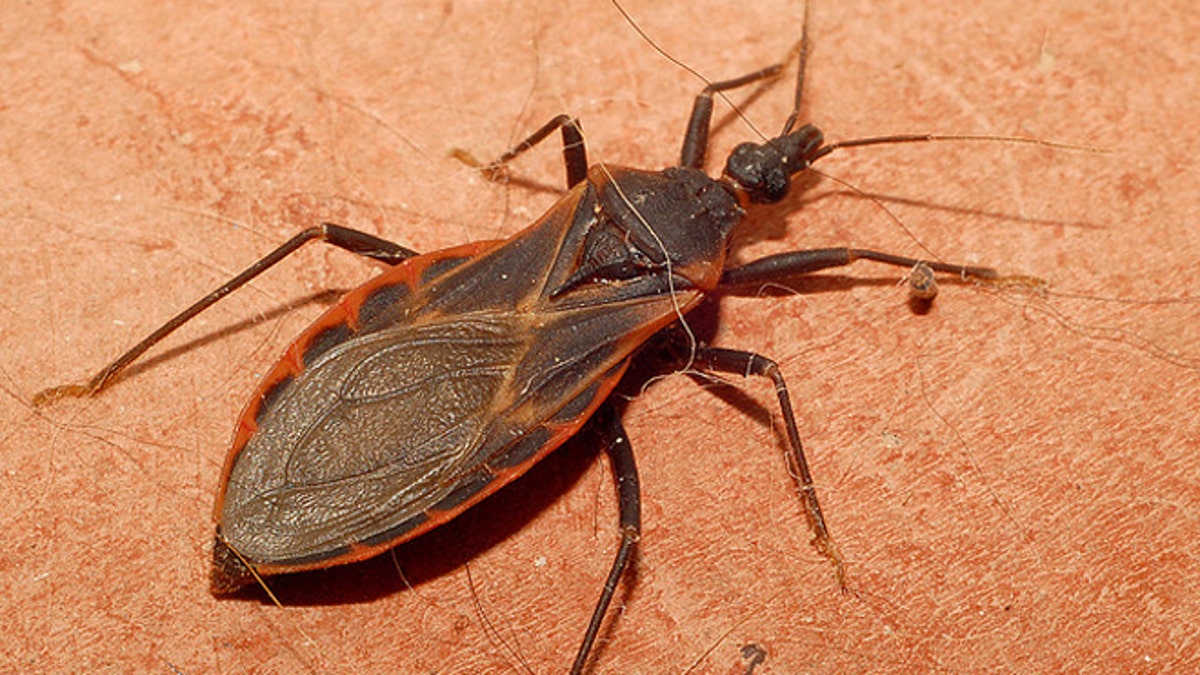
(Glenn Seplak @ Flickr.)
Researchers are warning that the little-known Chagas Disease could pose a threat similar to other global pandemics.
Chagas Disease, which experts have described as the "new AIDS of the Americas," is a parasitic illness that is most commonly transmitted by the so-called "kissing bugs," a subfamily of blood-sucking insects, through the parasite called Trypanosoma cruzi. Symptoms of the disease range from those similar to those of the flu in the acute stage to major problems with the nervous, digestive and cardiovascular systems in later stages.
Once infected, the disease can go unnoticed for years, or even decades and can cause undetected damage to the heart, intestines and esophagus. Cardiomyopathy and arrhythmias caused by the disease can eventually be fatal.
About a quarter of the people who contract Chagas develop enlarged heart or intestines that can burst causing sudden death.
The disease is mainly concentrated in Latin American countries with most cases coming from Bolivia, Mexico, Colombia and Central America. However, there are 30,000 people in the U.S. who suffer from the disease, with many cases popping up in southern Texas.
"The infection affects up to 20 million people in Mexico, Central America, and South America, making Chagas disease the highest impact infectious disease in Latin America," The Chagas Foudnation reported. "In addition to being a disease of poverty, Chagas disease is also poverty-promoting in striking hardest in young adults."
While there are medication available to combat the disease, they are not widely available in some Latin American nations and little research has been spent on finding new treatments.
The disease is named after Brazilian doctor Carlos Ribeiro Justiniano Chagas, who first discovered the disease in 1909.
Researchers from the University of Maryland believe that Charles Darwin contracted the disease during his five-year trip around the globe on the HMS Beagle. Darwin wrote about being bitten by a "wingless black bug" during his travels in South America and researchers attribute his death from heart failure to Chagas disease.
Follow us on twitter.com/foxnewslatino
Like us at facebook.com/foxnewslatino
